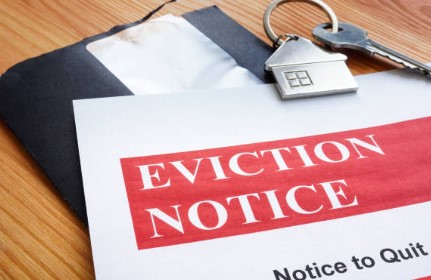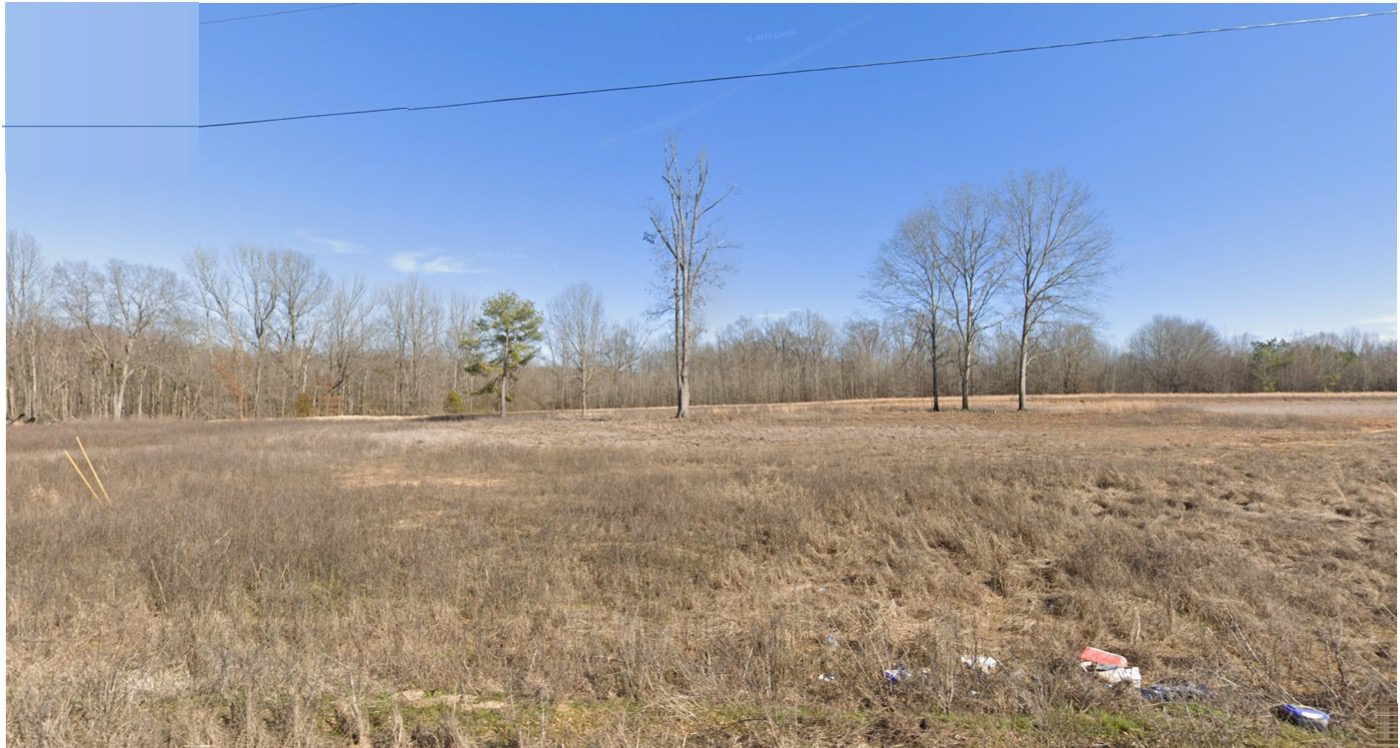What to expect if your eviction case goes to court
This is Part 2 of a two-part series. To read Part 1, which explains why Meridian Property Management (MPM) will file for eviction on a resident who has not paid rent and stopped communicating, click here.
MPM requires residents to pay rent by the first of each month, unless other payment arrangements have been made. MPM pays property owners in arrears, which means owners receive that rent (minus management fees) at the beginning of the following month.
If MPM does not receive rent on time, it sends the resident a late notice. This communication states that a late fee will be added to his or her ledger on the 6th of the month if rent is not received. It also includes an official three-day notice, informing the resident that MPM may start the eviction process. (This notice is required in Mississippi. Tennessee allows lease agreements to include a waiver of notice).
When a resident does not pay any rent by the 11th day of the month, the property manager (PM) informs the owner that MPM is starting the eviction process. The hope is that this proactive approach will spur payment of rent quickly, or worse case, accelerate the eviction process. The PM sends a copy of the resident’s executed lease agreement and ledger to its attorney, and the attorney files the necessary documents with the court, including the Forcible Entry and Detainer (FED). Up until the court date, the PM attempts to make contact with the resident and collect missed rent.
Approximately 40-60 days after rent is not paid, MPM’s attorney appears in court. During this appearance, the judge grants judgment for possession to MPM so long as the FED was posted as required by law, and the resident still has paid no rent. If the resident was served in person or appears in court, the judge grants a judgment for possession and any unpaid balance plus attorney fees and court costs. The resident has 10 days to pay rent in full or move out of the property.
At this point, owners are responsible for all costs related to the eviction. MPM adds these costs to the resident’s ledger to be repaid to the owner when MPM, its attorney, and/or its collection firm collects the debt. Also, owners must be aware that even when a judge issues judgment, and MPM is granted possession of a property, it still may not be able to take possession until all steps in the eviction process are completed.
If a resident defies the court order and remains in the property (about 70-80 days rent is not paid), the PM informs the attorney, and the attorney files a warrant of removal with the court. Once the PM confirms with the court that the warrant of removal was posted by the Sheriff, the PM schedules the set-out crew to remove the resident and all personal possessions from the property.
While most evictions are consummated in less than 60 days, in rare cases, it may take up to 100 days from the point rent is not paid to regain possession of a property. As soon as MPM is able to enter the property, its Turns team completes a thorough inspection and provides a detailed list of recommended make-ready repairs to the owner. MPM encourages owners to review and approve the recommendations quickly to reduce further economic vacancy. Concurrently, MPM’s Leasing team markets the property to get it back to income-generating status as soon as it’s ready for its next resident.
Should you have questions about the eviction process not addressed in this series, please contact your PM:
Michelle McGregor – (901) 341-0342
Ashley Osborne – (901) 341-0346
Krystle Touchstone – (901) 341-0343
Please Share This Article
If you enjoyed this article, please share it. We appreciate your support and referrals.
Talk To The Author
Brian Conlon is the Director of Business Development at Meridian Pacific Properties. With years of experience in real estate investing and turnkey property management, Brian specializes in helping investors optimize cash flow, plan for long-term property performance, and navigate the complexities of real estate investing.
Schedule a consultation with Brian to learn more about investing in SFR investment properties.







